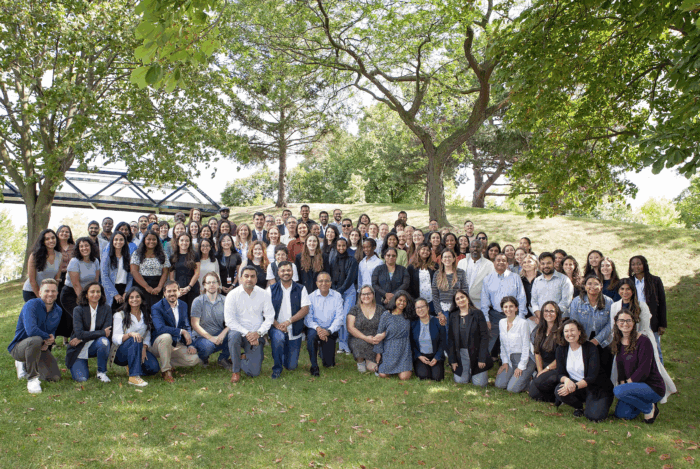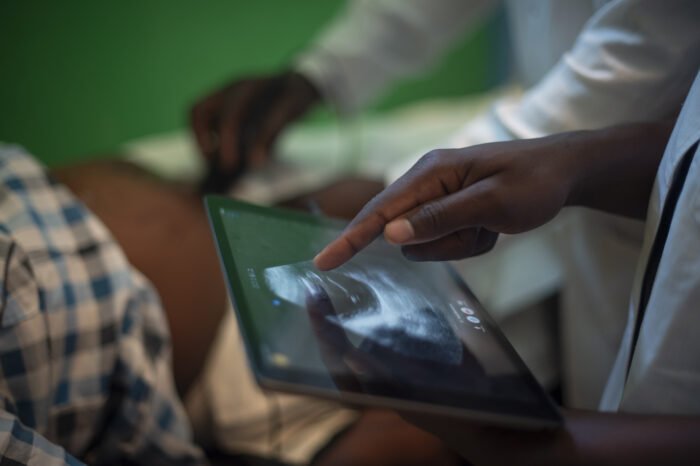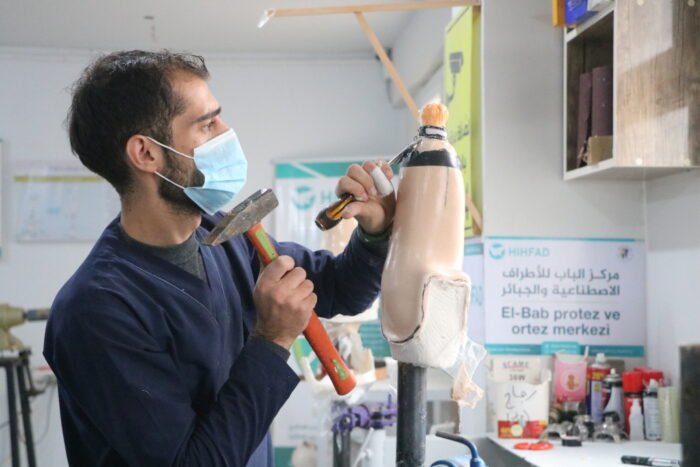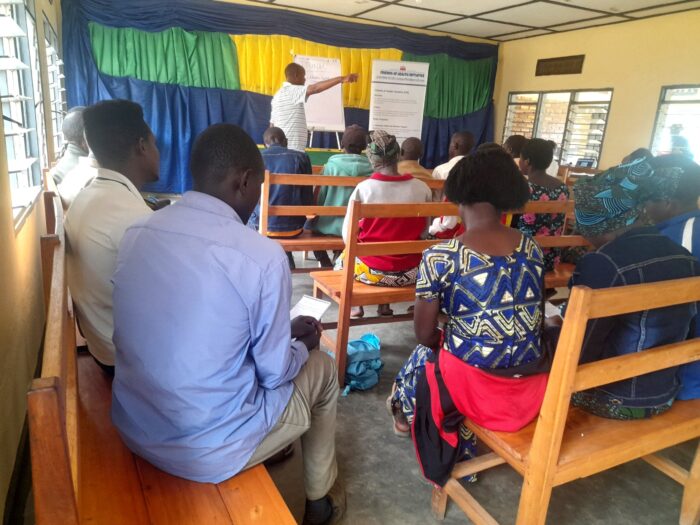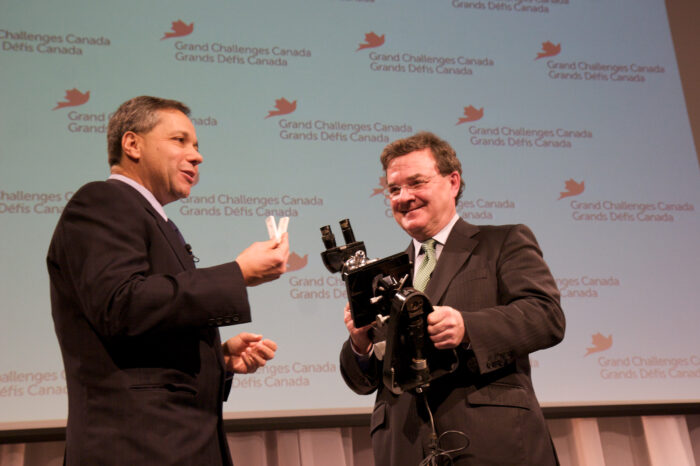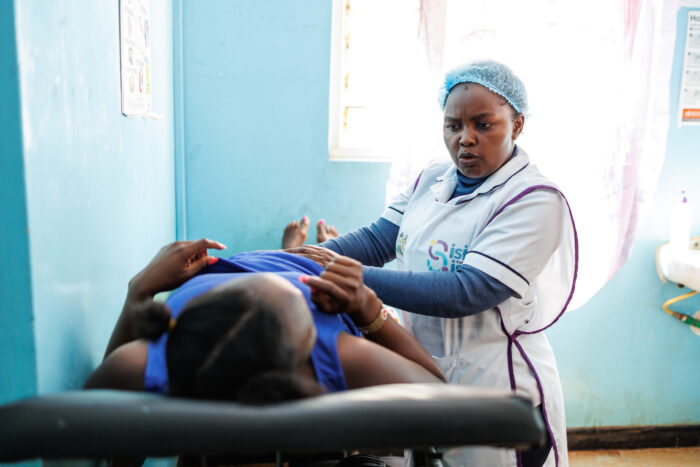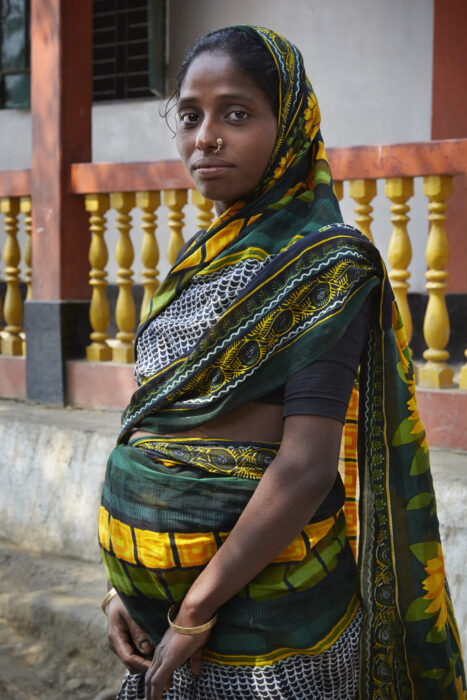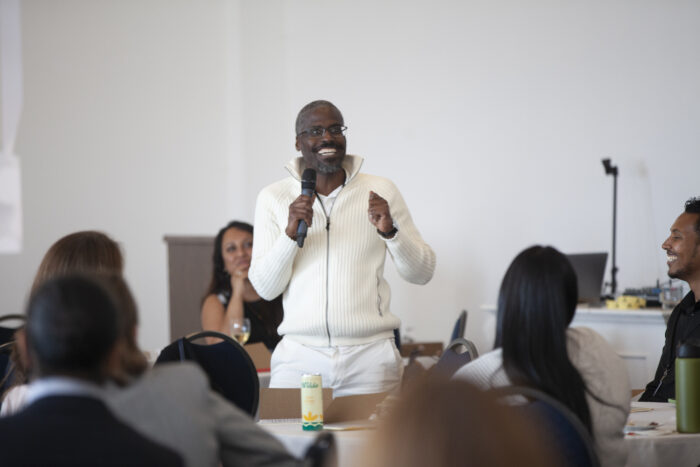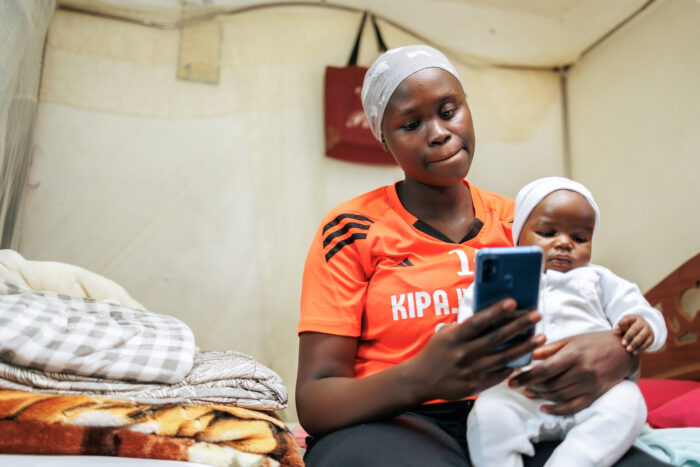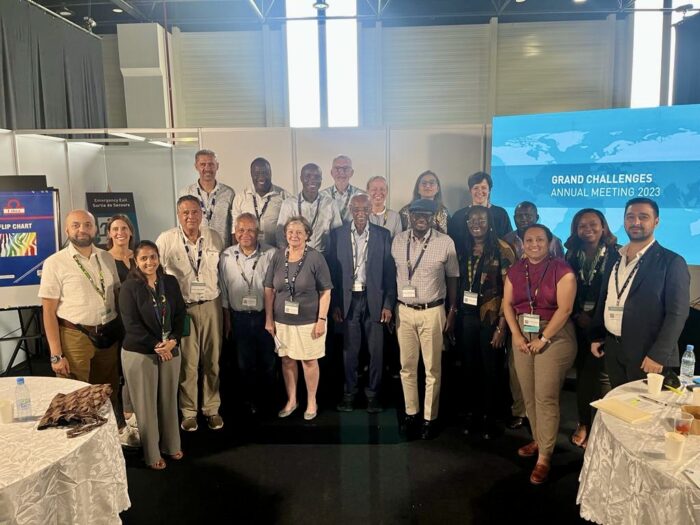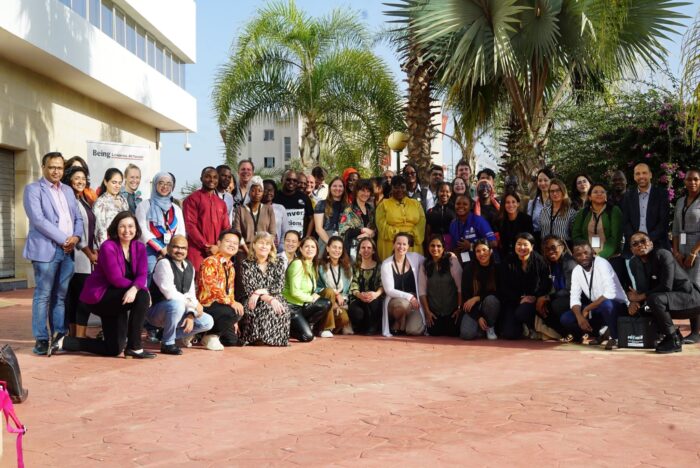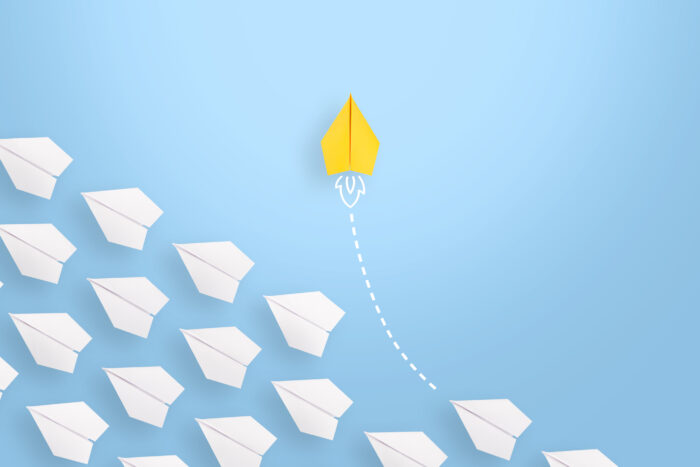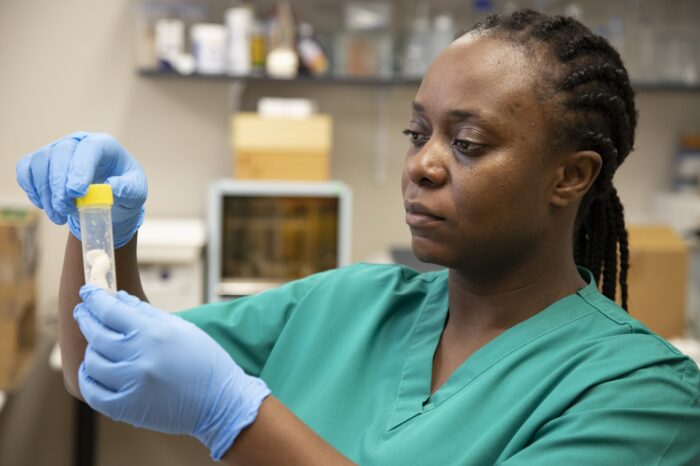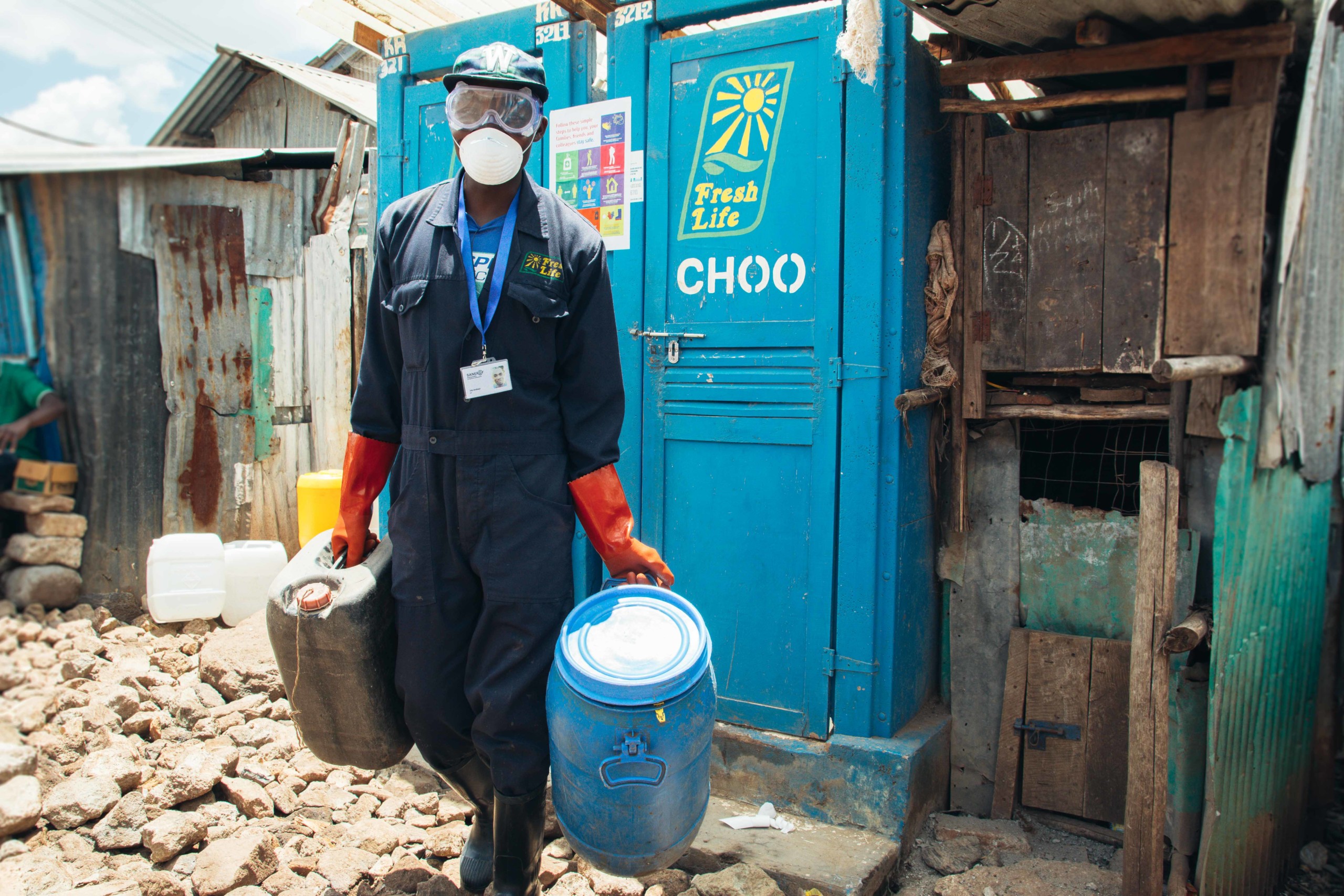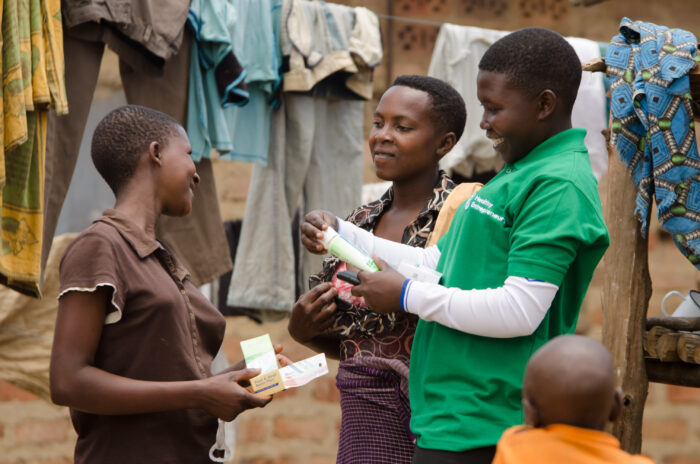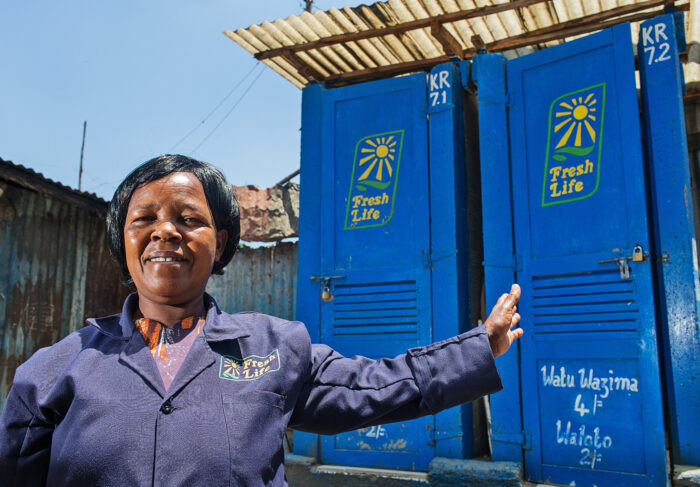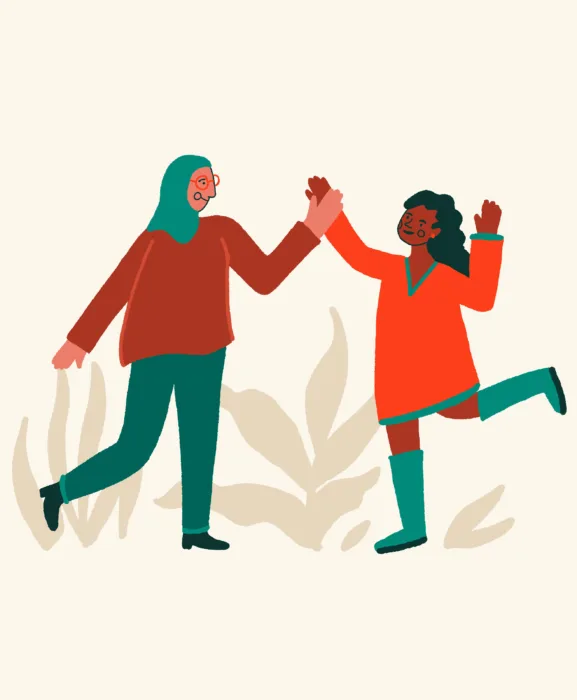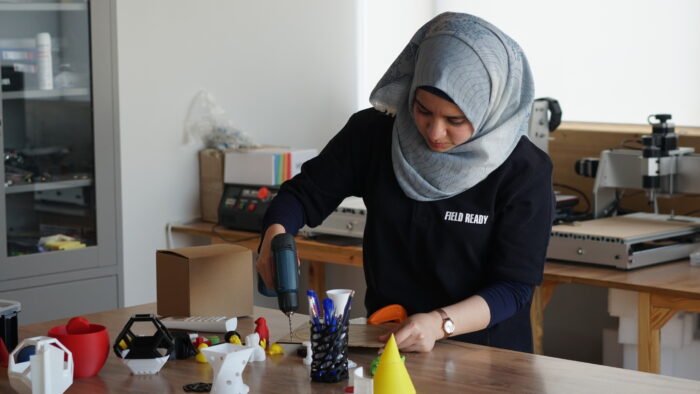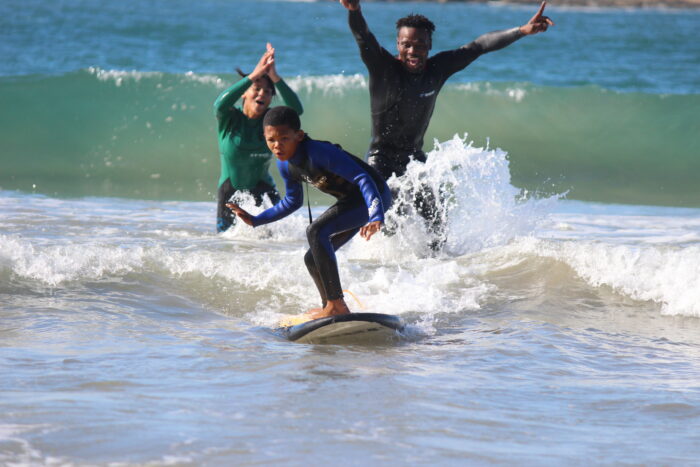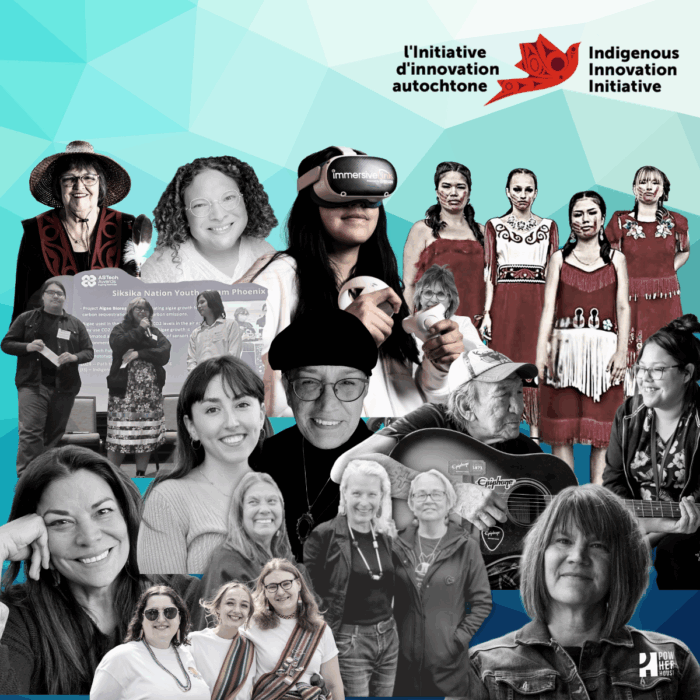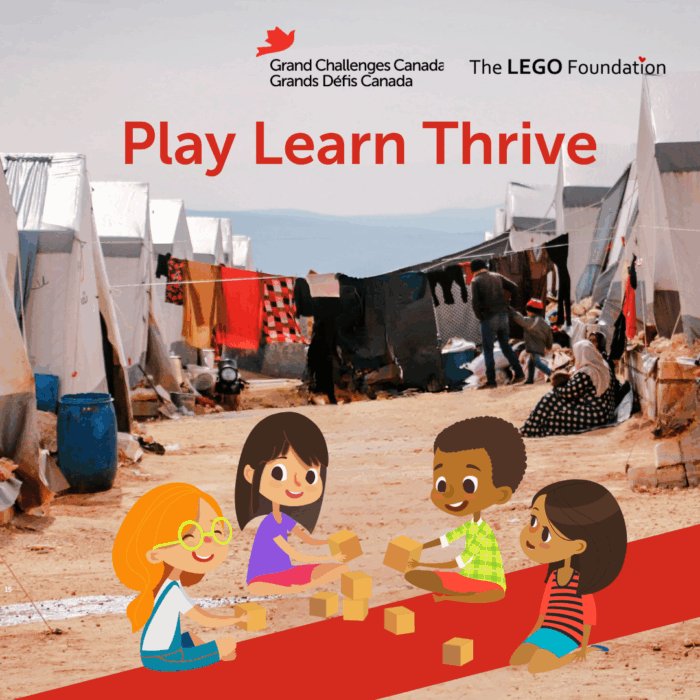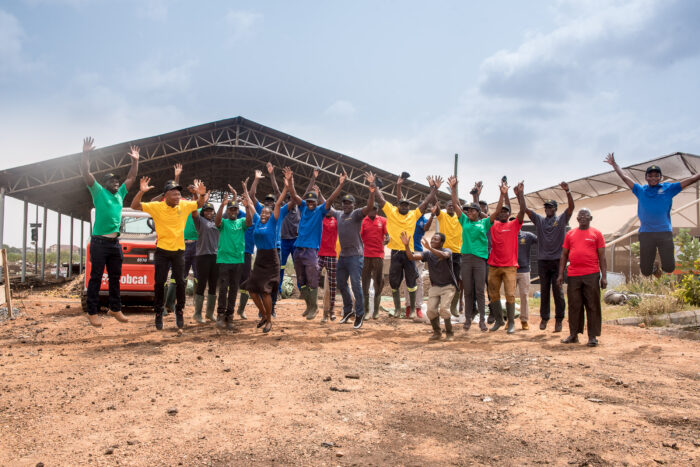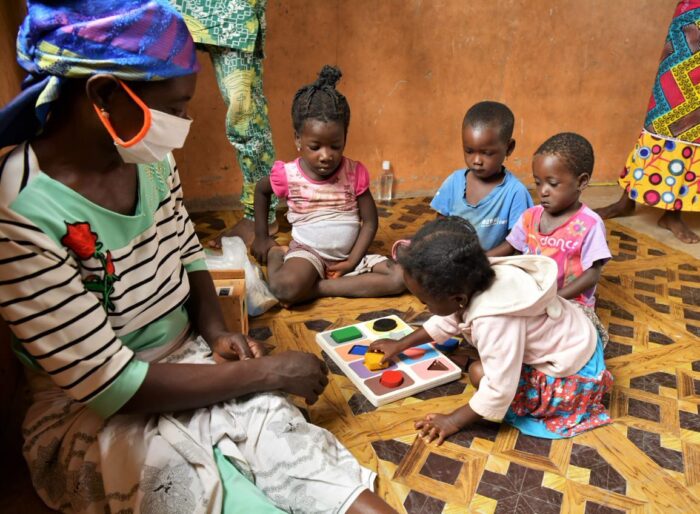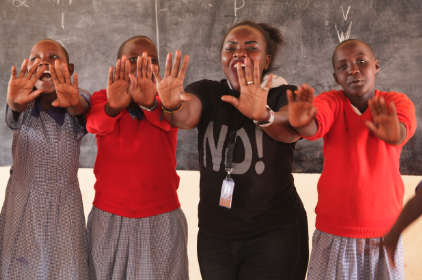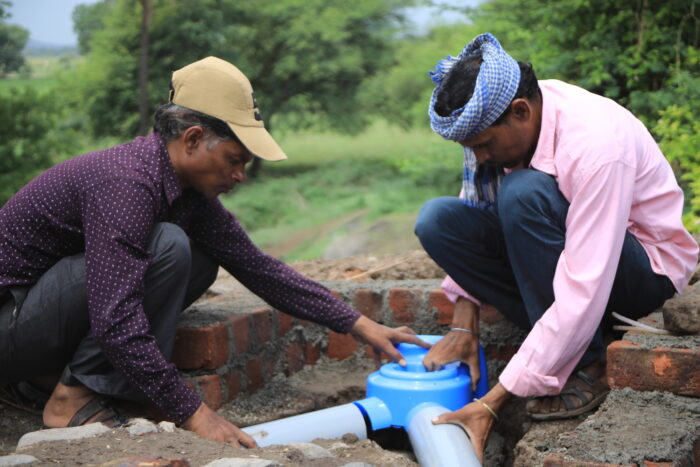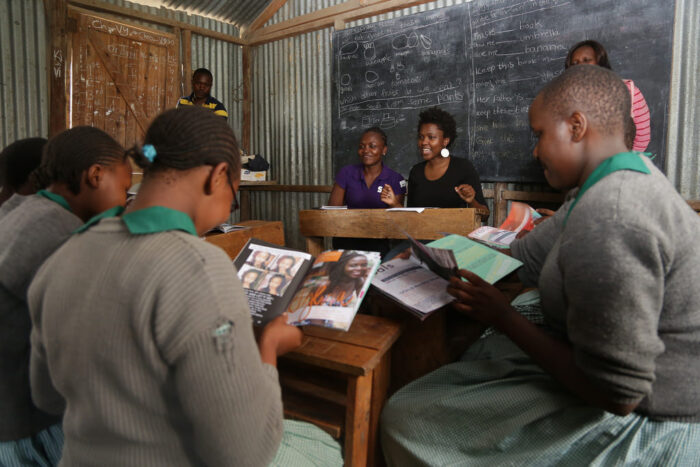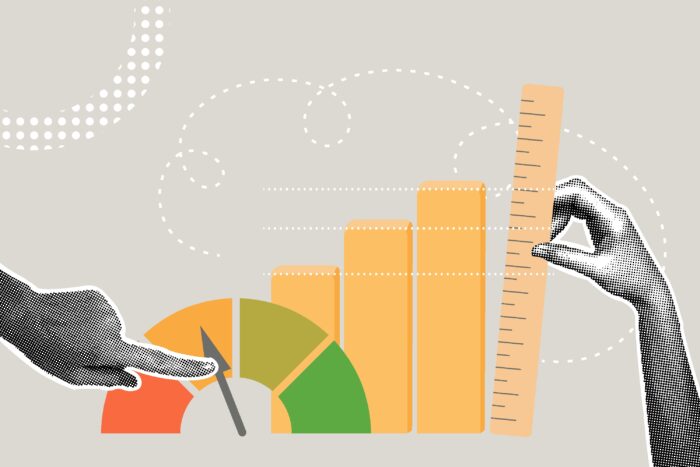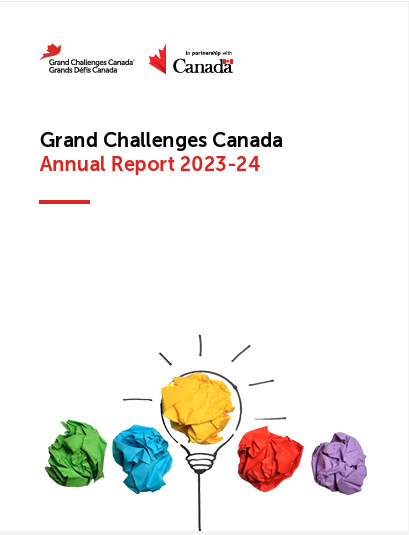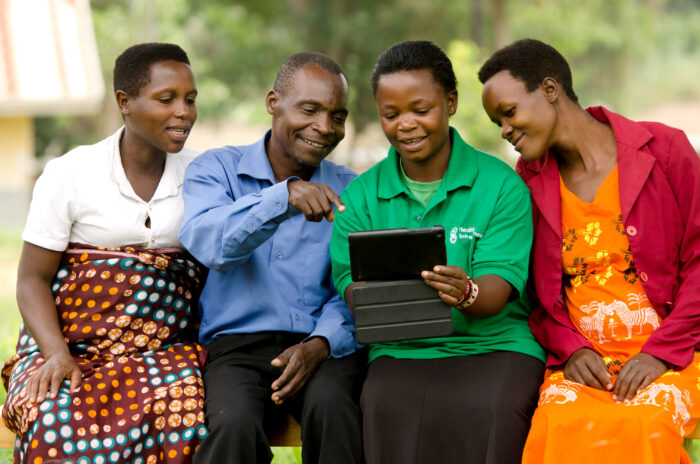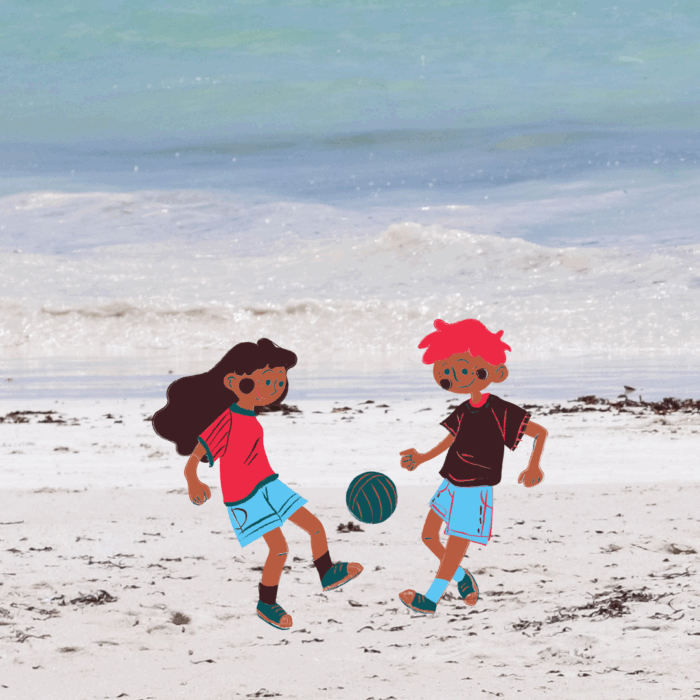Dixon Chibanda (University of Zimbabwe) was awarded a grant under Grand Challenges Canada’s Global Mental Health program, for his ‘Friendship Bench Project’. The Global Mental Health program seeks to improve treatments and expand access to mental health care in low- and middle-income countries.
During the recent Grand Challenges Canada Community Meeting, I was able to share details and intermediate outcomes of our Friendship Bench project. This innovative approach has been running in Zimbabwe for little over 6 years as a pilot intervention in three sites just outside the city center of the capital Harare. The Friendship Bench is a brief psychological intervention delivered by lay health workers for common mental disorders. The lay health workers are supported and supervised by senior cadres working within the City Health Department, University of Zimbabwe and private practice through a task-shifting or task-sharing approach, which is backed by a technological component. This technological support utilizes “Samsung Galaxy” Tablets which provide a virtual communication platform through Whatsapp, SMS, email, and audio.
With support of Grand Challenges Canada (funded by the Government of Canada), the project continued to grow, and one of the exciting elements of the intervention is the production of Zee-bags. Disadvantaged mothers suffering from depression and living with HIV are provided a forum to engage in meaningful income-generating activities focusing on weaving shopping, conference and laptop bags from recycled plastic shopping bags. The Zee-Bag aspect of the Friendship Bench was able to secure contracts to produce bags for conferences, workshops, schools and retail outlets. This is providing the women with a much needed income to support their families and to purchase their medication.

In the trial, the Zee-bag module is known as the ‘circle-kubatana-tose (CKT)’. This literally means “holding hands and supporting each other in a circle”. Women are invited to participate in the CKT after completing 4 to 6 sessions of the Problem Solving Therapy (PST) which is the main intervention component of the trial.
Lay health workers who facilitated both the PST and CKT components of the Friendship Bench trial have reported an increased awareness of mental health related issues among patients they deal with. These clients typically suffer from many other conditions commonly encountered at the community level, such as hypertension, HIV/AIDS and diabetes.
Analyzing more than 500 audio-recorded sessions of the Friendship Bench project, lead to the preliminary finding that listing problems is one of the most powerful components of the Problem Solving Therapy. Participants who sit on the Friendship Bench to receive therapy are often overwhelmed with depression and a multitude of other problems, such as poverty, domestic violence, HIV/AIDS or poor access to health care services. Our recent experience tells us that listing their problems is opening up an alternative way for participants to see and understand the issues in general.

We believe that this part of the intervention is the beginning of what could be the re-engagement of the pre-frontal cortex to problem solving. Most people who are overwhelmed with an abundance of problems will turn to prayer and spiritual support as a way of getting through. However, using a problem solving approach enables them to also engage the prefrontal cortex, a critical element of problem solving. We are excited and proud about the problem solving skills that participants have adopted through the program and we hope that – as the trial progresses – we will be in a better position to describe the scientific basis of what we are seeing in our participants.
This article was also published on the Mental Health Innovation Network blog. We encourage you to post your questions and comments about this blog post on our Facebook page Grand Challenges Canada and on Twitter @gchallenges
